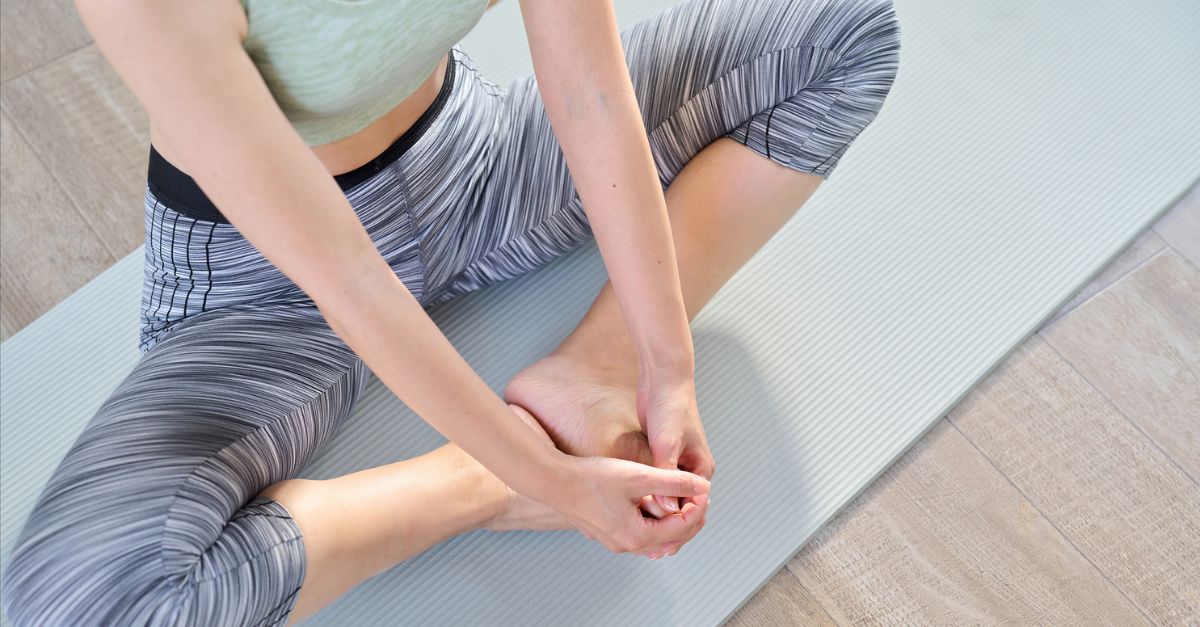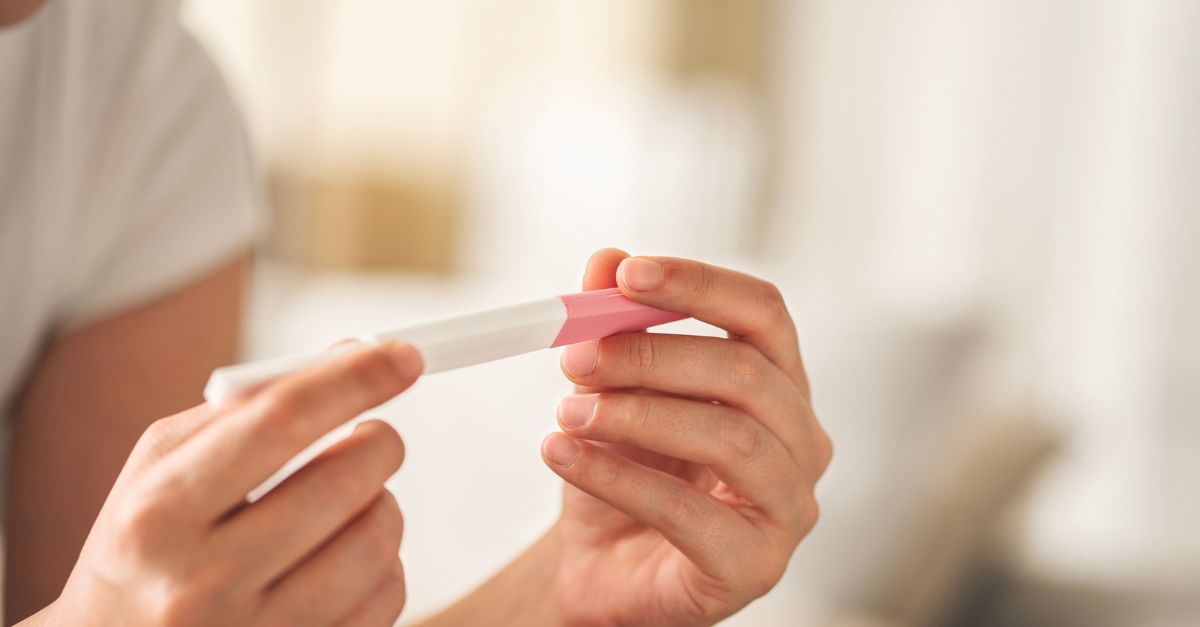Are you looking for overall well-being and solid health? Many women often get caught up hitting the gym or focusing on nutrition. While those and other action items are important and beneficial, it’s easy to forget about pelvic health. Adding pelvic floor health habits to the mix can make quite an impact when pursuing wellness goals.
The Pelvic Floor: Why it’s Important
The bladder, uterus, rectum, and vagina receive support and protection from the hammock-esque structure of pelvic floor muscles. Having good pelvic floor health results in better control and function of the bowel and bladder, maximum sexual health, prolapse prevention, core stability, and reducing the risk of pelvic pain. All-in-all, a healthy and strong pelvic floor can play a significant role in helping improve quality of life.
Good Pelvic Health Habits
Pelvic Floor Exercises: These exercises, known as Kegels, help strengthen pelvic floor muscles for better function. The American College of Obstetricians and Gynecologists (ACOG) suggests beginning by squeezing the muscles used to stop the flow of urine. This pulls the vagina and rectum up and back. Breathe normally without squeezing the buttocks, thigh, or stomach muscles. Hold for three seconds, then relax for another three. Perform a set of 10 contractions three times daily.
Stop the Strain: Straining while having a bowel movement puts additional pressure on the pelvic floor. Over time, this can contribute to weakened pelvic floor muscles. Proper nutrition and hydration can help reduce the need to strain. A higher fiber diet featuring veggies, fruits, and whole grains helps lessen the likelihood of constipation. An adequate amount of fluids each day contributes to a softer stool. If you find yourself pushing or straining often, your pelvic floor muscles may be too tight. If that’s the case, ask your physician if a visit to a physical therapist is in order.
Relax the Tummy: Strengthening your core, including the abdominal muscles, helps disperse pressure on the pelvic floor. However, chronically sucking in the stomach, also known as stomach gripping, can put unnecessary pressure on the pelvic floor and weaken the muscles. If stomach gripping is a problem, the Cleveland Clinic suggests practicing diaphragmatic breathing.
Intentional Potty Practices: Be thoughtful about when you go to the bathroom. Practice only urinating when you feel the urge. Too many just-in-case bathroom breaks can train your bladder to need to go more often than it really needs to. When you do go, don’t rush things and fully empty your bladder without straining. Using a footstool can assist your body in being in a more natural position when emptying the bladder, thus lessening the need to strain. Don’t hold in urine or stool for extended periods, because it can put unneeded pressure on the pelvic floor.
Contact Your Pelvic Floor Health Experts at Rosa Gynecology
Your providers at Rosa Gynecology can give you a full pelvic floor health assessment, provide pelvic health consultation, and answer any questions you may have.
To discuss your pelvic floor health, call 770-487-9604 or schedule an appointment online.




